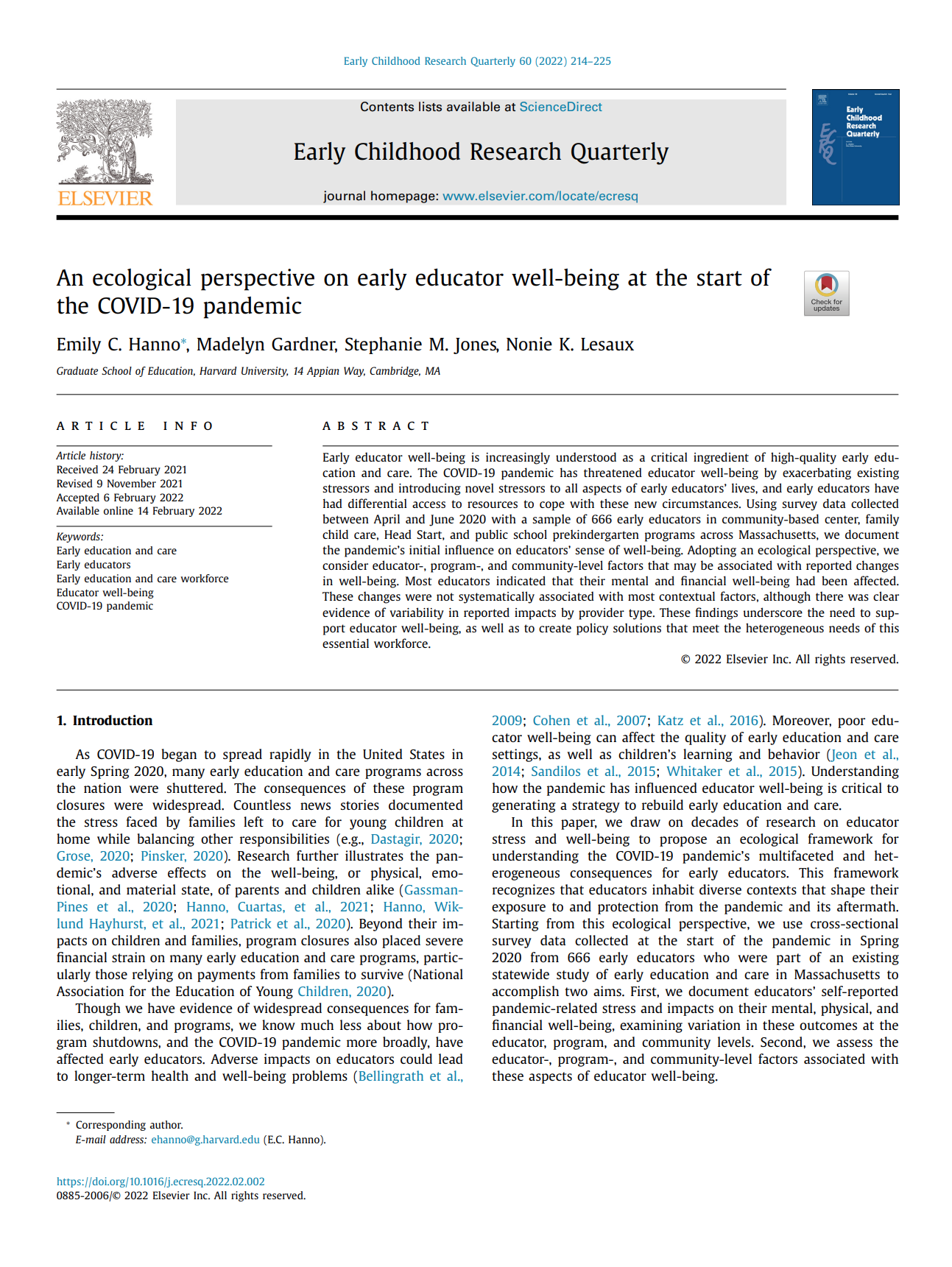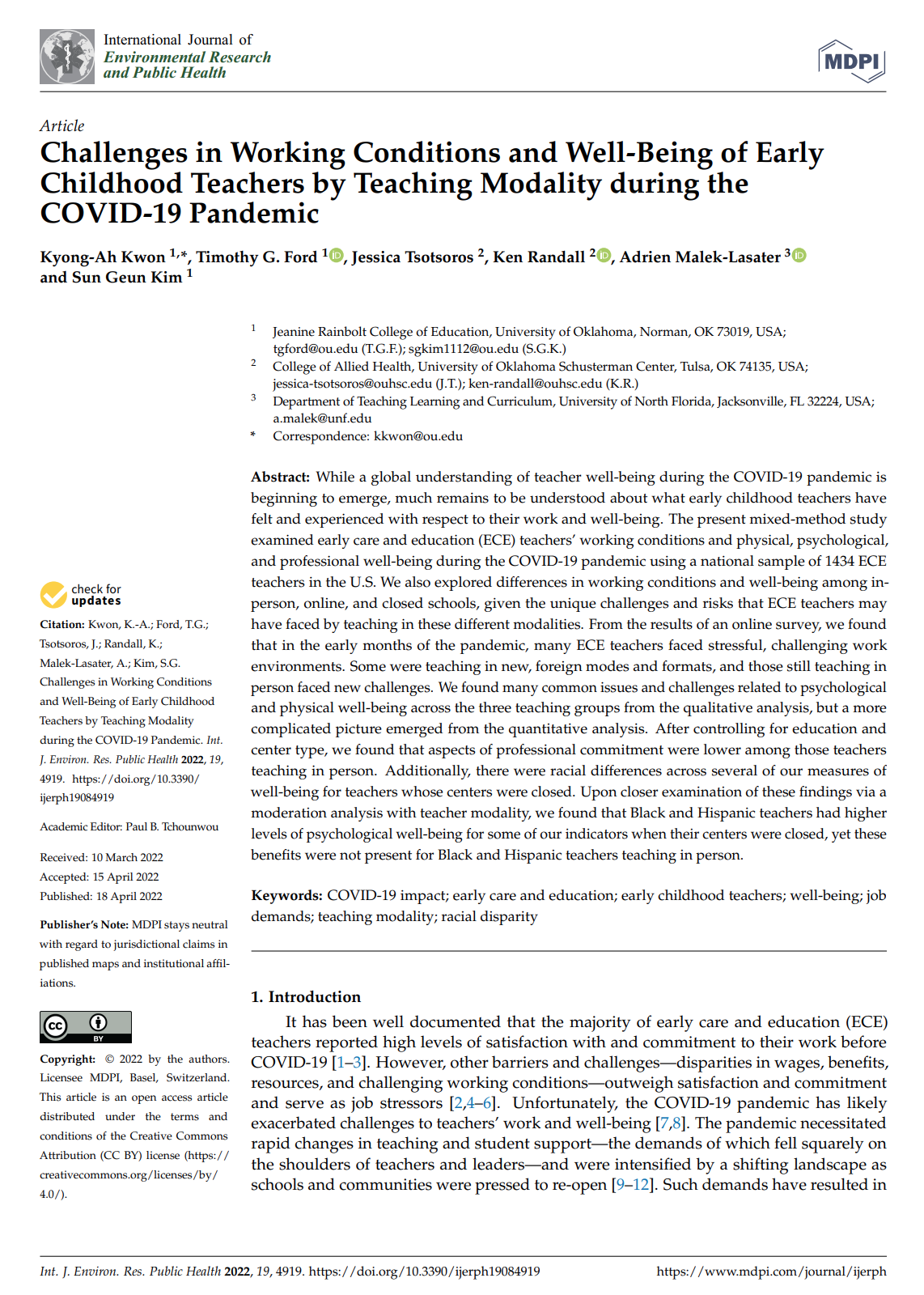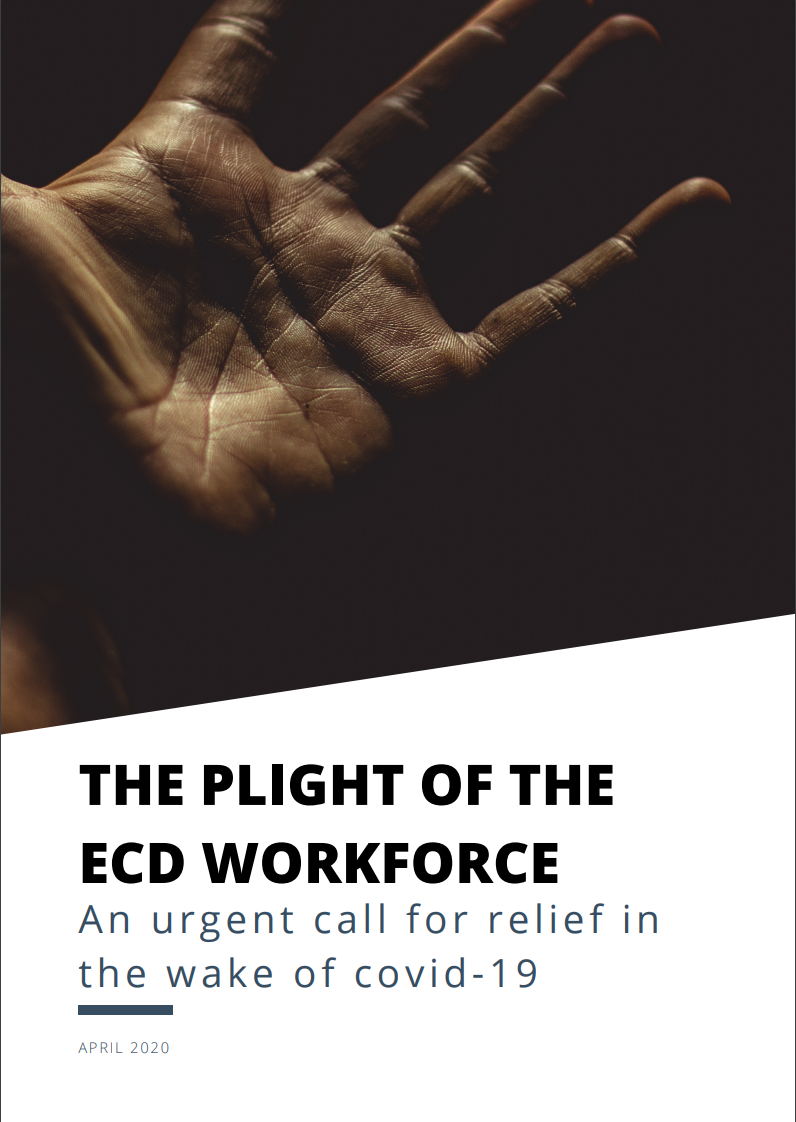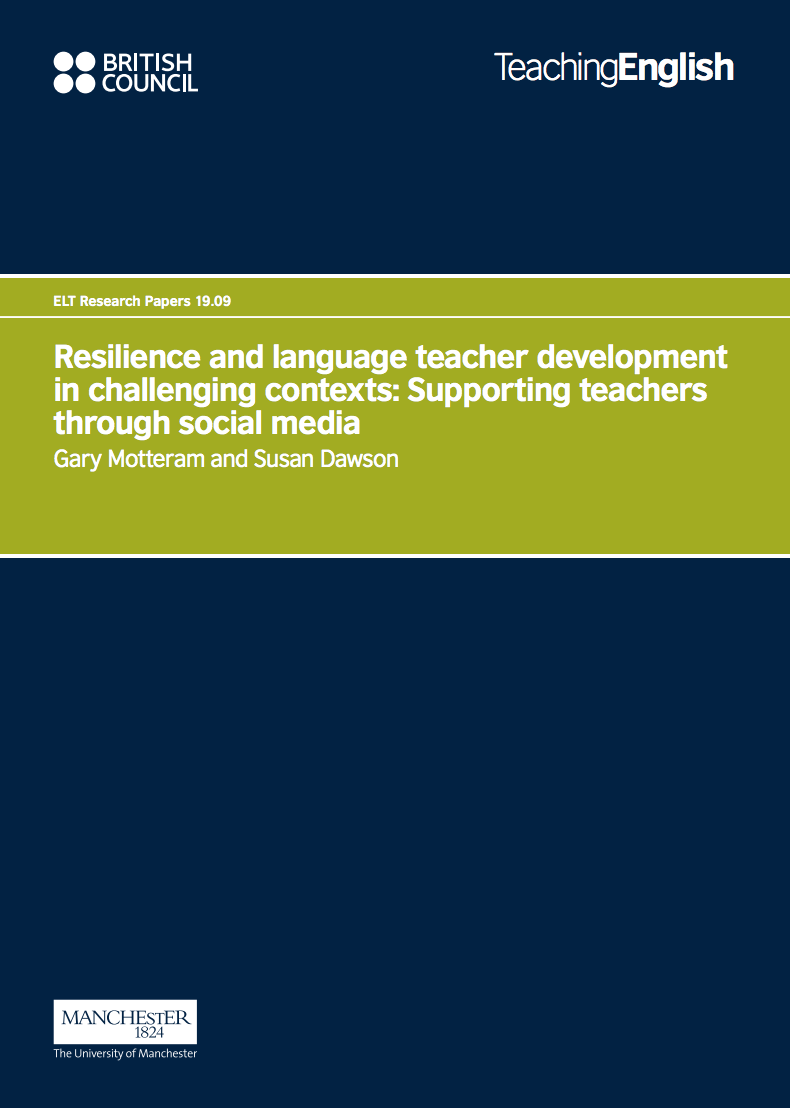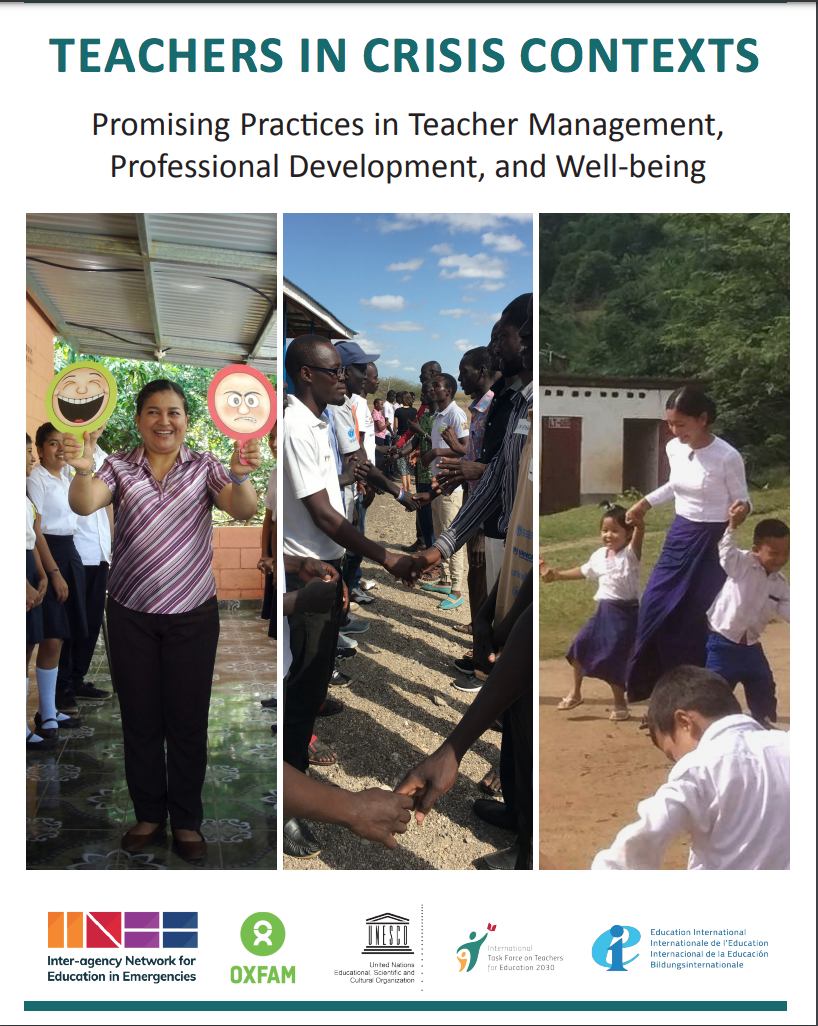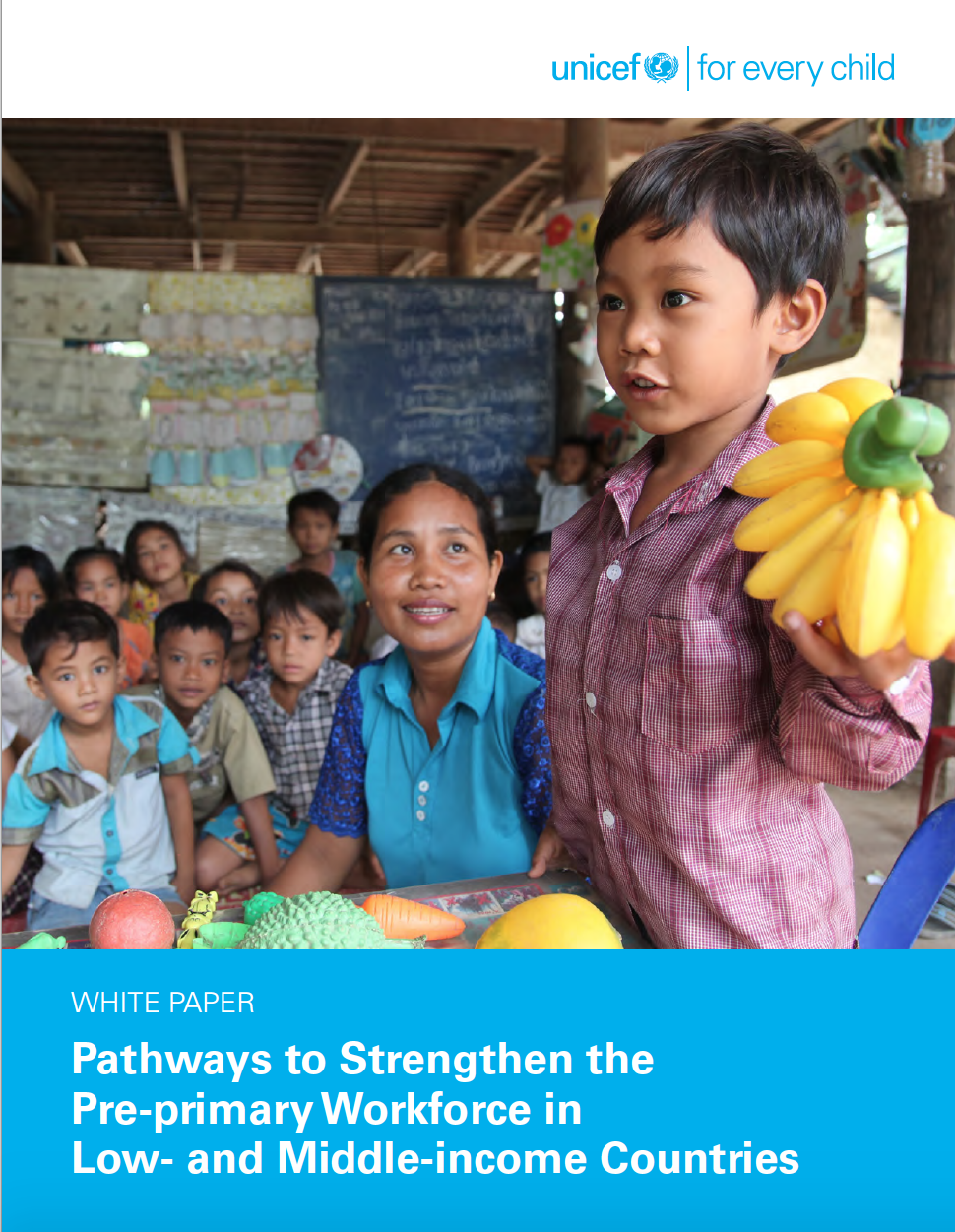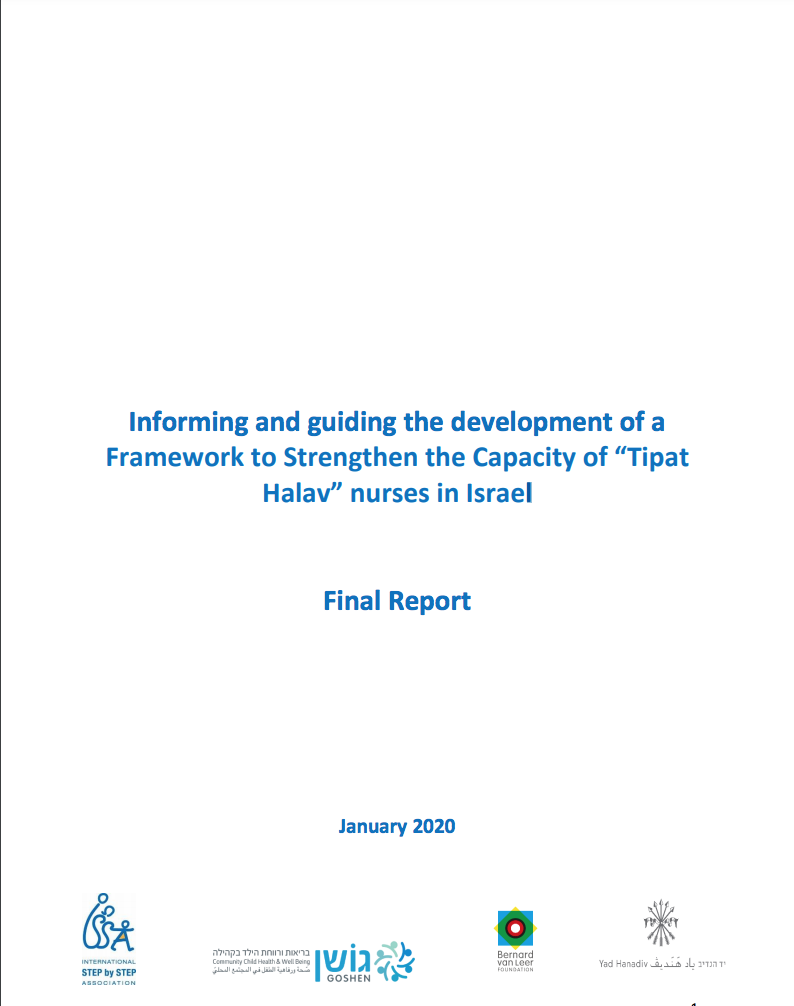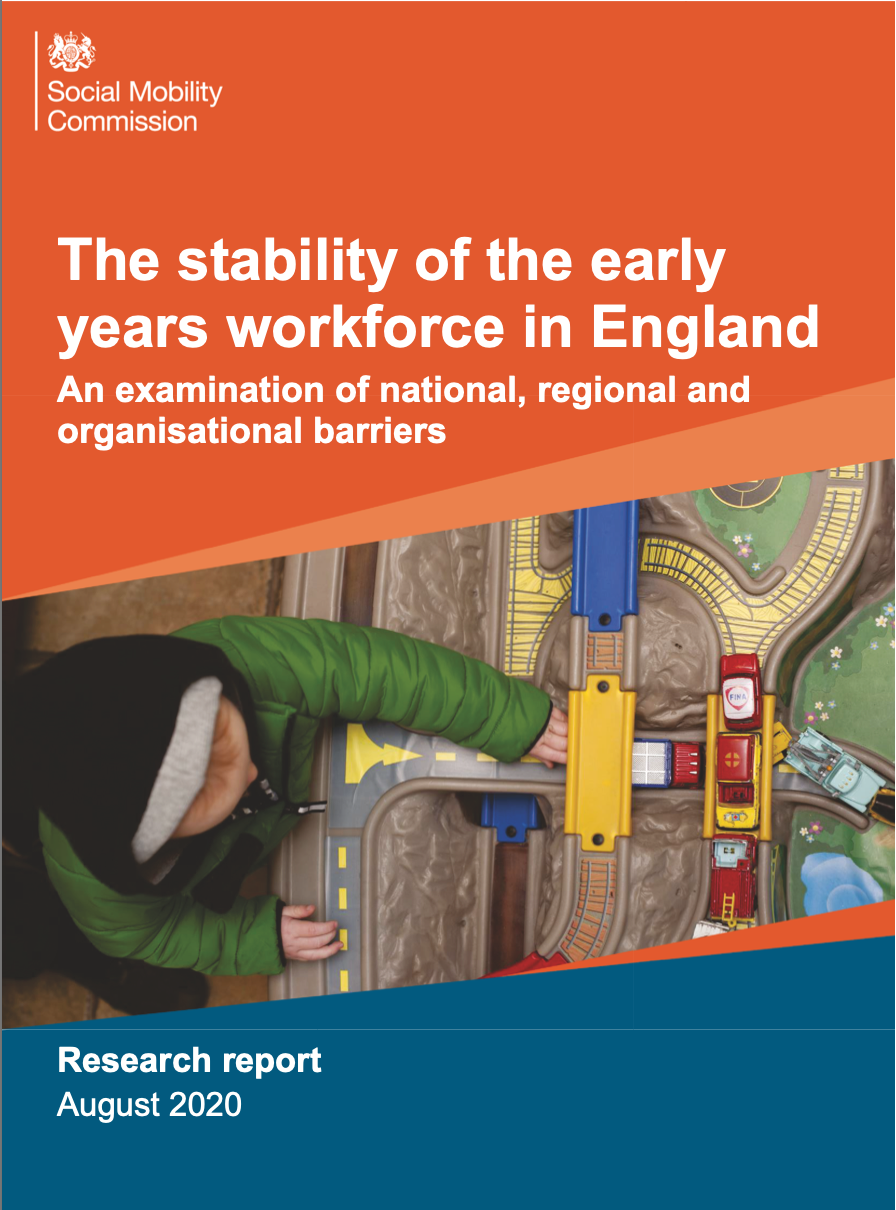Job Demands and Resources Experienced by the Early Childhood Education Workforce Serving High-Need Populations
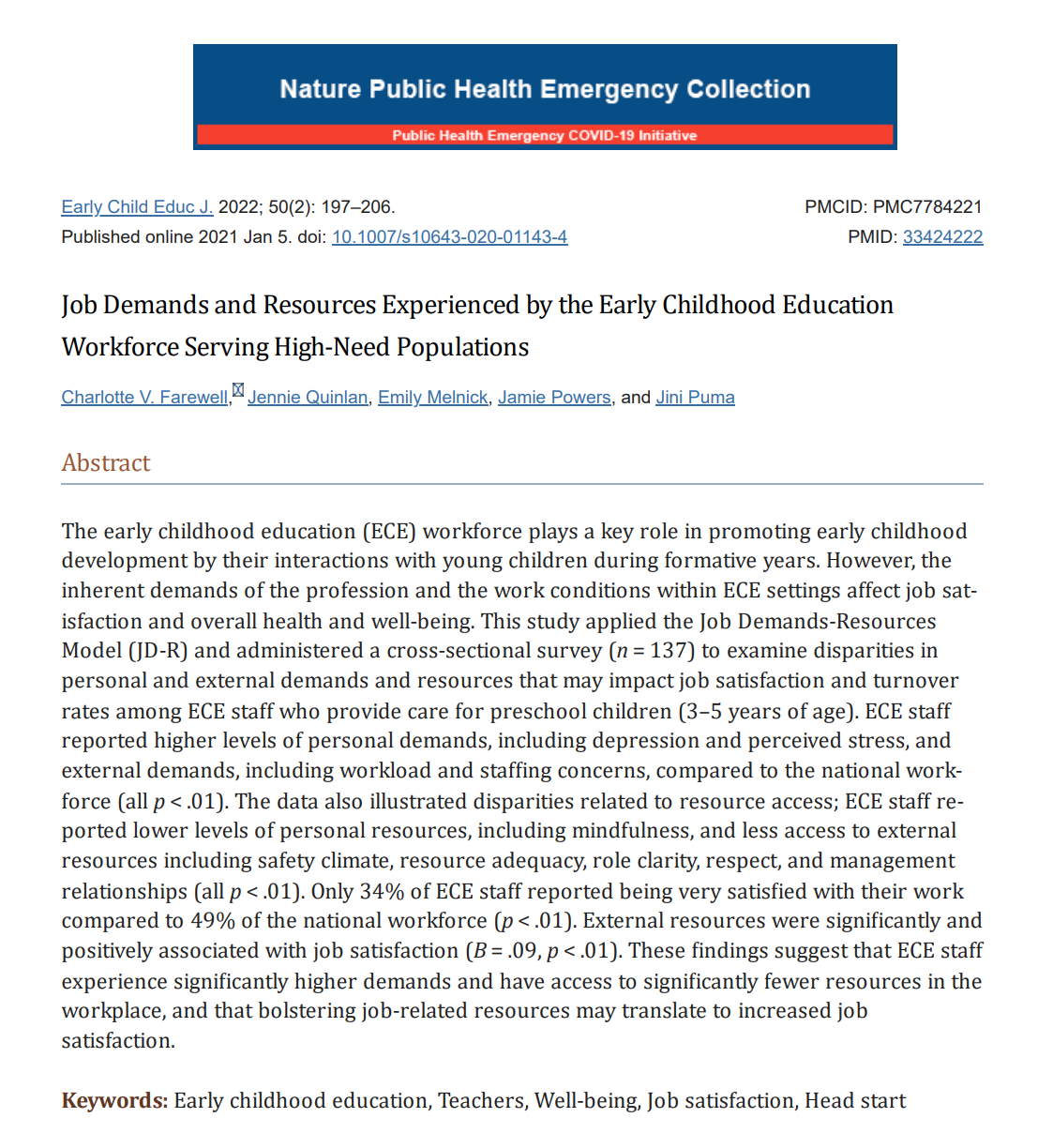
The early childhood education (ECE) workforce plays a key role in promoting early childhood development by their interactions with young children during formative years. However, the inherent demands of the profession and the work conditions within ECE settings affect job satisfaction and overall health and well-being. This study applied the Job Demands-Resources Model (JD-R) and administered a cross-sectional survey (n = 137) to examine disparities in personal and external demands and resources that may impact job satisfaction and turnover rates among ECE staff who provide care for preschool children (3-5 years of age). These findings suggest that ECE staff experience significantly higher demands and have access to significantly fewer resources in the workplace, and that bolstering job-related resources may translate to increased job satisfaction.
Keywords: Early childhood education; Head start; Job satisfaction; Teachers; Well-being.
Authors: Publication:Early Childhood Education Journal
Year of Publication:2022
pubmed.ncbi.nlm.nih.gov

